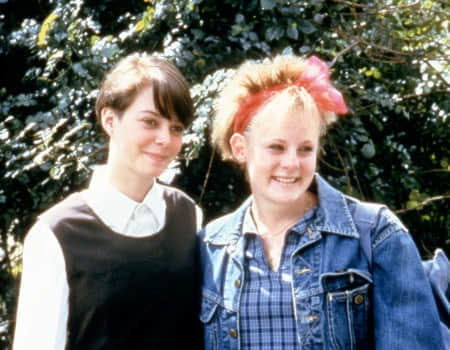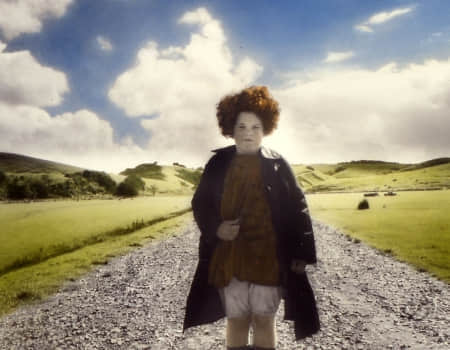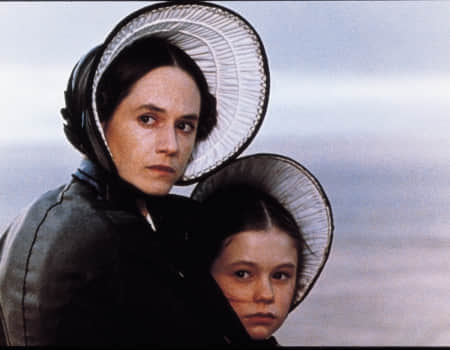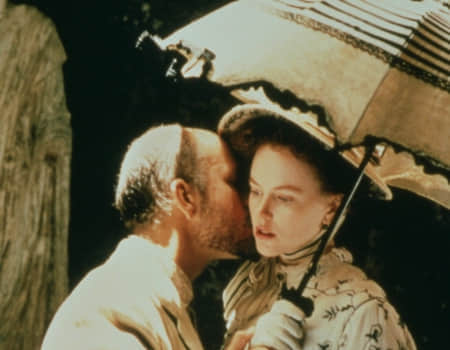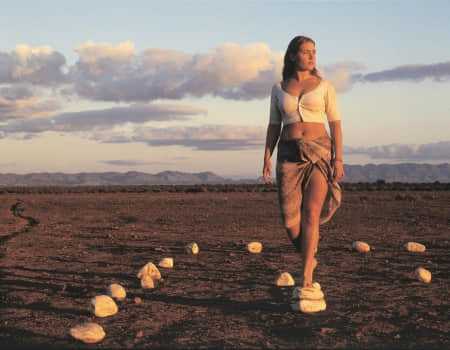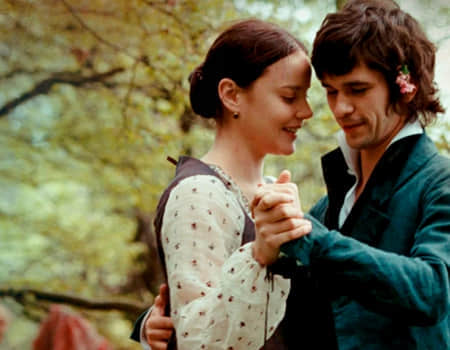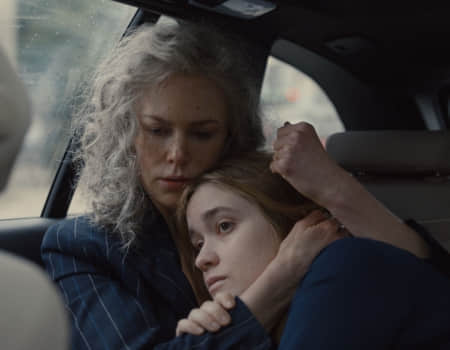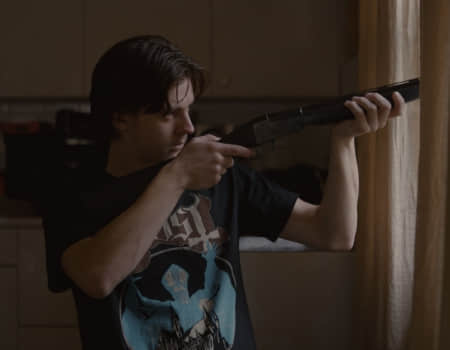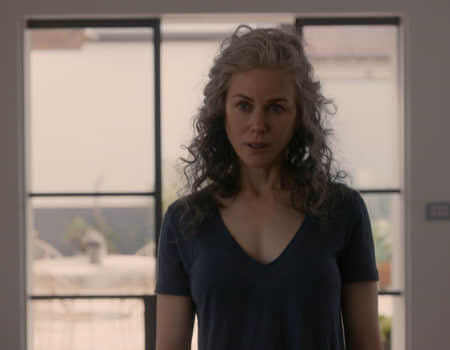Programme
Jane Campion, the Authentic Feminist
The first and still the only female filmmaker to have ever won a Cannes Palme d’Or, Jane Campion was launched as the long-awaited coming of feminist cinema to redeem the patriarchal film world. Her cinema has since changed the reception of female-driven narratives, and her revered status opened up more venues for her “comrades”.
Jane Campion is unafraid to live with her freckles in filmmaking. Freckles, are what her works feel like under your skin. That uncompromising visual grit stays in all her works throughout her career – or rather, her passage from girlhood to womanhood to sisterhood. Sweetie (1989) and An Angel at My Table (1990) invented the woman’s cinematic language: the defiant narratives, resplendent cinematography, and brutally tender punctuations. The Piano (1993), in full glorious blaze, flamed much hope, and soon after she became anything but a sweetie among critics and audiences worldwide. The world had since found other trophies, much less of an enigma, far tamer and safer than women liberated from their silenced universes.
Campion and her protagonists had found each other, and were whirling their own tribal dance. The Portrait of a Lady (1996) marked the first occasion when they truly stopped caring what others might think, even Henry James, and basked in obscurity. Holy Smoke (1999) inhaled deeper into the sacred feminine and surrendered to the often unintelligible web of narratives that is life.
Bright Star (2009) shone brighter among Jane Campion’s gem of works, perhaps her sweetest too. For audiences looking for a well-ordered, bookended narrative, perhaps this is a treat of the angelic order.
The two seasons of Top of the Lake (2013, 2017) embraced the TV series as a new creative genre, took their time to bloom, and did so magnificently as if in a slow motion sequence, each petal unfolding in all its vulnerability.
At a time when authentic female voice is more valued than ever, but the thirst for such is yet to be satisfyingly quenched, it is all the more important to look at how Jane Campion continues to confront hard truths rather than churning out sweet candies.
